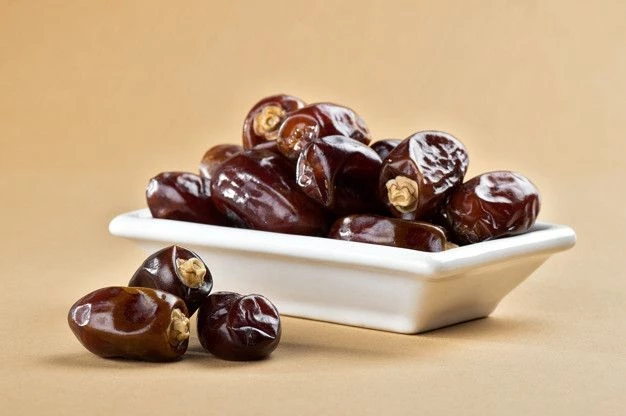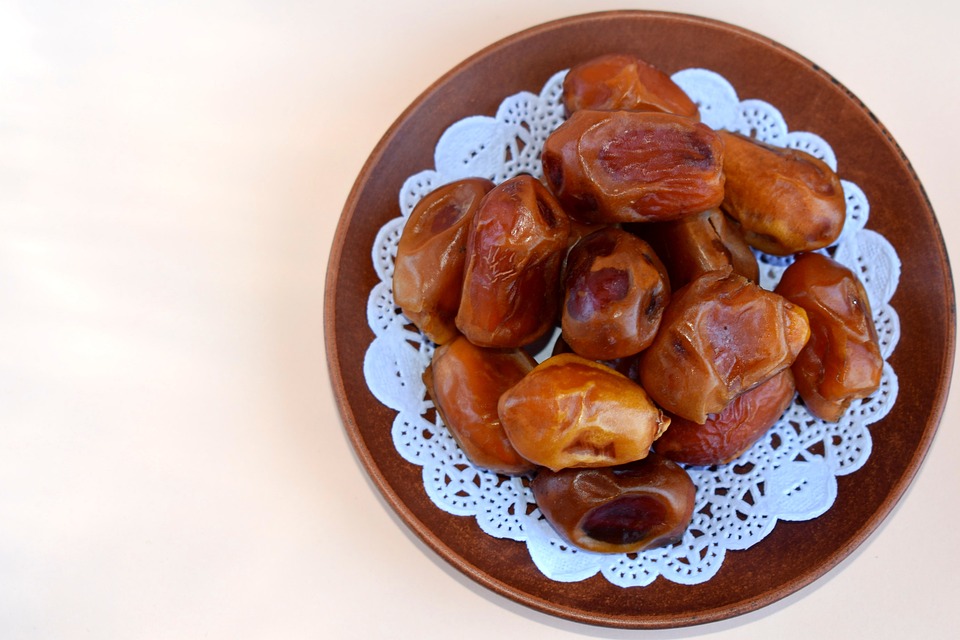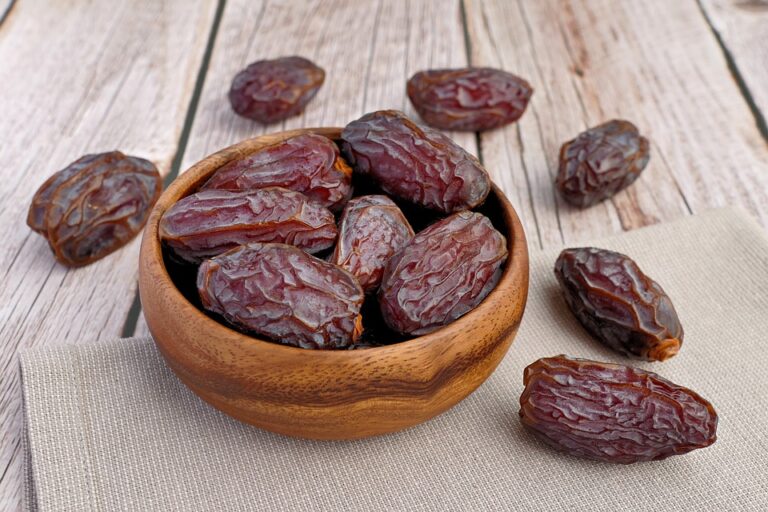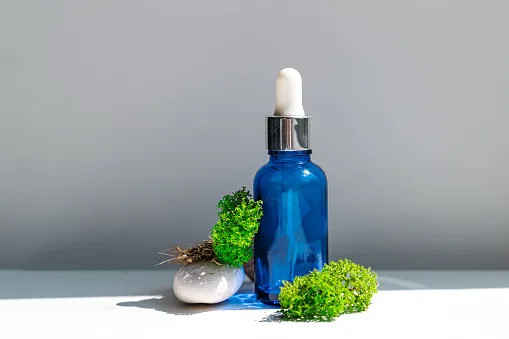10 Special Benefits of Dates for Women
The Special Benefits of Dates for Women is a comprehensive guide to the many health and wellness benefits of consuming dates for women.
Dates, a type of fruit native to the Middle East and North Africa, have been shown to have several positive effects on the female body and overall well-being.
One particularly interesting aspect of this article is its focus on the potential benefits of dates for pregnancy and postpartum health. Dates have been shown to have several positive effects on pregnancy, including aiding in labor and delivery and reducing the risk of preterm labor.
This article also discusses the role that dates can play in maintaining healthy blood sugar levels and reducing the risk of gestational diabetes.
In this article, you will learn about the various nutrients and compounds found in dates, including fiber, potassium, and antioxidants, and how they can contribute to improved health outcomes.
This article also explores the potential Benefits of consuming dates for specific conditions and concerns, such as pregnancy, menstrual health, and bone health.
The Special Benefits of Dates for Women is an essential resource for any woman looking to improve her health and well-being through natural and delicious means.
The nutrient profile of dates makes them a valuable addition to the diet for women looking to improve their health and well-being. Whether eaten on their own or incorporated into recipes, dates are a tasty and convenient way to boost nutrient intake and support overall health. Listed below are the 10 special benefits of dates for women:
10 Special Benefits of Dates for Women
Dates, a type of fruit native to the Middle East and North Africa, are often overlooked as a nutritious food choice. However, dates are packed with a variety of essential nutrients that can contribute to improved health outcomes. One of the key nutrients found in dates is fiber.
Dates are an excellent source of both soluble and insoluble fiber, which can aid in digestion and contribute to a feeling of fullness. Soluble fiber can also help to regulate blood sugar levels, making it a beneficial choice for those with diabetes or at risk of developing the condition.
1. The Nutrient Power of Dates
Dates are also a good source of potassium. Potassium is an essential mineral that plays several important roles in the body, including helping to regulate blood pressure and maintaining proper heart function.
Consuming foods high in potassium, such as dates, can help to reduce the risk of high blood pressure and other cardiovascular issues.
Antioxidants are another key nutrient found in dates. These compounds work to protect the body from damage caused by free radicals, which can lead to the development of chronic diseases such as cancer and heart disease.
Dates are a rich source of antioxidants, including flavonoids and carotenoids, which can help to reduce the risk of these diseases.
If you’re looking to shed some extra pounds, incorporating dates into your diet may be a useful strategy. One way that dates may contribute to weight loss is by providing a feeling of fullness.
Dates are high in fiber, which can help to keep you feeling satisfied and prevent cravings for unhealthy snacks. This can make it easier to stick to a healthy diet and avoid overindulging.
2. Dates and Weight Loss
Dates are also low in calories and fat, making them a relatively low-energy-density food. This means that you can enjoy a satisfying portion of dates without consuming a large number of calories.
In addition, the high fiber content of dates can help to slow the absorption of sugars, which can help to regulate blood sugar levels and reduce the risk of overeating.
While dates should not be considered a magic weight loss solution, they can be a useful tool in a weight loss plan. Incorporating dates into a healthy diet and lifestyle can help to support weight loss efforts and improve overall health and well-being.

Pregnancy is a time when it’s particularly important to focus on nutrition and ensure that you’re getting all the nutrients your body needs to support the growing baby.
Dates can be a valuable addition to a pregnant woman’s diet, offering several health benefits for both mother and baby.
3. Dates and Pregnancy
One potential benefit of consuming dates during pregnancy is their ability to aid in labor and delivery. Dates have been shown to ripen the cervix and prepare the body for childbirth, which can help to reduce the risk of preterm labor and make labor and delivery easier.
Adding dates to your diet during pregnancy can be a nutritious and beneficial choice. Whether eaten on their own or incorporated into recipes, dates can help to support a healthy pregnancy and promote the well-being of both mother and baby.
For many women, menstruation is accompanied by a range of uncomfortable symptoms, including cramps, bloating, and mood changes. While there is no cure for PMS (pre-menstrual syndrome), certain dietary changes can help to alleviate the severity of these symptoms.
One potential benefit of consuming dates for menstrual health is their high fiber content. Fiber can help to regulate bowel movements and prevent constipation, which is a common issue during menstruation.
4. Dates and Menstrual Health
Dates are also a good source of antioxidants, which can help to reduce inflammation and ease cramps and other menstrual discomfort.
In particular, dates contain flavonoids and carotenoids, which are potent antioxidant compounds that can help to reduce inflammation and support overall health. Adding dates to your diet during menstruation can be a useful way to support menstrual health and ease PMS symptoms.
Whether eaten on their own or incorporated into recipes, dates can be a tasty and nutritious choice for women looking to support their menstrual health.
5. Dates as a Natural Energy Boost
Dates have long been recognized as a natural source of energy and have been used for centuries as a quick and convenient snack to boost energy levels.
They are a rich source of carbohydrates, providing the body with the fuel it needs to function properly. One of the key nutrients found in dates is sugar, with a single date containing around 16 grams of sugar.
This sugar is made up of both glucose and fructose, both of which are quickly absorbed by the body and provide a quick source of energy.
In addition to their high sugar content, dates also contain a range of other nutrients that may contribute to their energy-boosting effects. These include vitamins and minerals such as potassium, magnesium, and B vitamins, all of which play important roles in energy metabolism.
6. Dates and Reproductive Health
Dates have long been recognized as a valuable food for women’s reproductive health, with a range of potential benefits that have been identified in the scientific literature.
These benefits include the potential to regulate menstrual cycles, improve fertility, and reduce the risk of preterm labor.
One of the key ways in which dates may benefit reproductive health is by regulating menstrual cycles. A study published in the Journal of Midwifery and Women’s Health found that dates can improve the regularity and length of menstrual cycles in women.
This may be due to the high levels of fiber, iron, and other nutrients found in dates, which are essential for maintaining a healthy hormonal balance.
Dates may also have the potential to reduce the risk of preterm labor. A study published in the American Journal of Clinical Nutrition found that women who consumed dates regularly in the weeks leading up to delivery had a significantly lower risk of preterm labor compared to women who did not consume dates.
This may be due to the high levels of nutrients found in dates, which may help to support the growth and development of the fetal tissues.
7. Dates As A Natural Remedy For Anemia
Anemia is a common condition characterized by a deficiency of red blood cells or hemoglobin in the blood, which can lead to symptoms such as fatigue, weakness, and difficulty concentrating.
While there are a range of treatments available for anemia, including iron supplements and dietary changes, dates have also been recognized as a natural remedy for this condition.
One of the key nutrients found in dates that may be beneficial for anemia is iron. A single date contains around 0.9 milligrams of iron, which is a significant contribution to the daily recommended intake of this nutrient.
Iron is an essential component of red blood cells, and a deficiency of iron can lead to anemia. By providing a source of iron, dates may help to improve red blood cell production and reduce the risk of anemia.

8. Dates and Menopause
Menopause is a natural part of the aging process that marks the end of a woman’s reproductive years. While it is a normal and natural occurrence, it can also be accompanied by a range of uncomfortable symptoms, including hot flashes, night sweats, and mood changes.
One potential benefit of consuming dates for menopause is their high fiber content. Fiber can help to regulate bowel movements and prevent constipation, which is a common issue during menopause. In addition, fiber can also help to reduce bloating and other digestive issues that may be exacerbated during this time.
Dates to your diet during menopause can be a useful way to support menopausal health and ease the transition. Whether eaten on their own or incorporated into recipes, dates can be a tasty and nutritious choice for women looking to support their menopausal health.
9. Dates and Bone Health
One way that dates may support bone health is through their high potassium content. Potassium is an essential mineral that has several ber of important roles in the body, including helping to regulate blood pressure and maintaining proper heart function.
It’s also important for bone health, as it helps to regulate calcium balance and can help to prevent the loss of bone density. Consuming foods high in potassium, such as dates, can help to support healthy bones and reduce the risk of osteoporosis.
Dates to your diet can be a useful way to support bone health and maintain healthy bone density. Whether eaten on their own or incorporated into recipes, dates can be a tasty and nutritious choice for women looking to support their bone health.
10. Practical Tips for Incorporating Dates into Your Diet
Now that we’ve explored the many health and wellness benefits of consuming dates, you may be wondering how to incorporate them into your diet. One easy way to incorporate dates into your diet is to eat them on their own as a snack.
Dates are a convenient and portable snack that can be taken on the go or enjoyed at home. You can also try adding dates to your favorite recipes for a boost of natural sweetness and nutrition.
There are many simple and tasty ways to incorporate dates into your diet. Whether eaten on their own or incorporated into recipes, dates are a convenient and nutritious choice that can help to support overall health and well-being.
Read Also: 10 Miraculous Health Benefits Of Jatropha (Hospital Too Far)
Conclusion
We’ve also examined the potential benefits of consuming dates for specific conditions and concerns, including pregnancy, menstrual health, and bone health.
With their high levels of nutrients and antioxidants, dates can be a valuable addition to the diet for women looking to improve their health and well-being through natural means.






